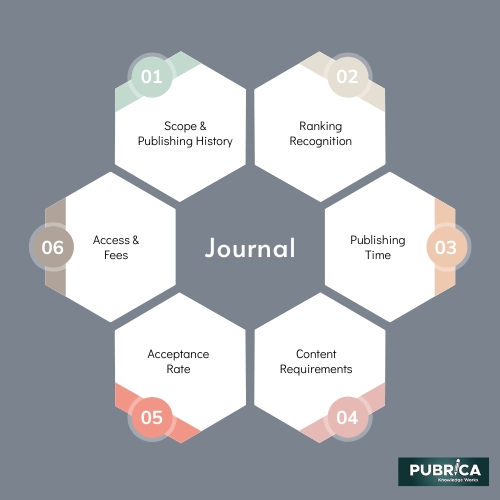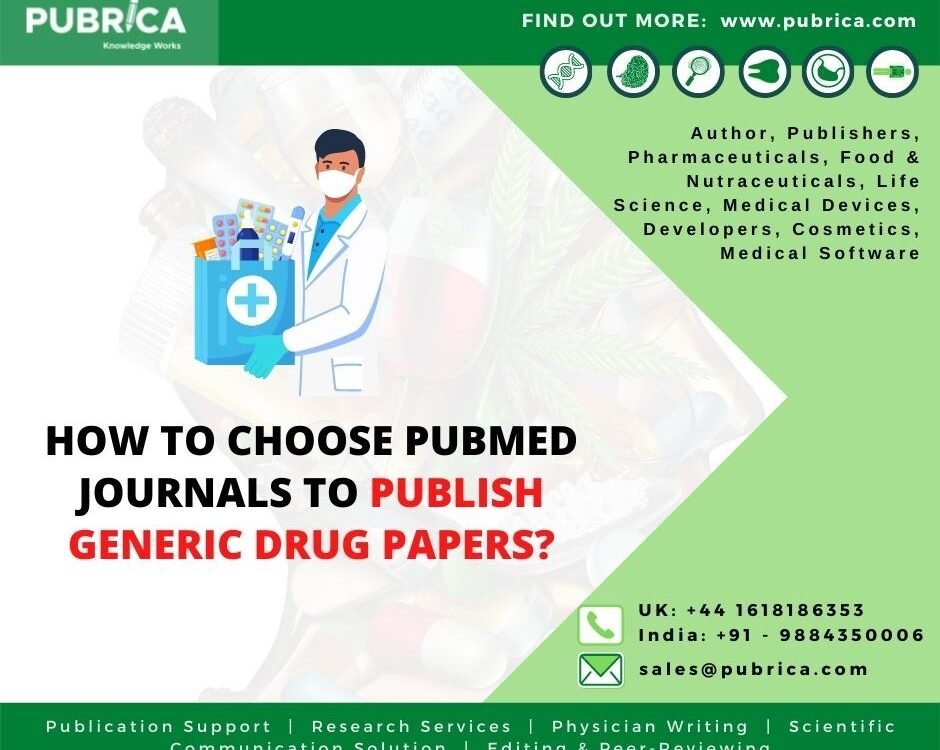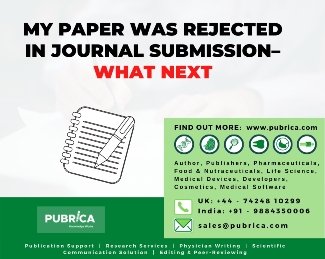
Effectiveness of Mixed-Method Studies in Health Care Research
February 28, 2023
How to Frame a Theoretical Framework for the Study?
March 25, 2023In brief
This paper presents the findings of an international survey of researchers from different areas and levels of expertise. It investigates the degree to which different journal characteristics influence journal selection, how academics’ perceptions of the institution and national research policies influence their journal choice, and how academics’ familiarity, confidence, and goals influence journal choice. The most significant elements affecting journal selection were the reliability of reviewing, the usefulness of reviewers’ comments, the journal’s reputation, and the faith that their paper is appropriate for the journal. Publishing output, publishing experience, scholar position, and the subject had little influence on ordering Journal selection services, indicating that the research community is similar.
Introduction
The expression “publish or perish” in academics is more than a pithy witticism; it represents that researchers are under enormous pressure to create outputs constantly. The academic publication in which academics choose to publish their study can have a significant impact on their careers. However, with the substantial rise in the number of journals and journal types and changes in the coverage and status of some established journals, even experienced researchers find it challenging to make good journal selection choices(1). New publication models are pushing these changes, increasing the demand for academics to write in high-ranking journals and increasing interdisciplinarity and internationalization of research and publishing.

Factors Affecting Journal’s Targeting
The story of choosing the correct journal can be told from three distinct viewpoints:
- The characteristics of the journal, such as its reputation among scientists, performance, publishing strategies, acceptance rate, speciality, and readership;
- the attributes of the manuscript, such as its novelty, methodological soundness, potential impact, and conformity to the objectives and scope of the journal; and
- the priorities and constraints of the authors.
The most crucial elements to consider when selecting a magazine before sending a manuscript are outlined below.
Journal’s characteristics
- Scientific quality and prestige
- Indexing by established bibliographic databases
- Having peer-review process
- Citation-based metrics (e.g. impact factor)
- Reputation of publisher
- The importance of the editorial board
- Adopting publication ethics (e.g. COPE, STM, ICMJE)
- Journal’s longevity
- Expert’s opinion
Journal’s performance
- Publication periodicity
- Timelines, quality and models of the peer-review process
- Author-friendly options for journal
- Publication charge
- Ethics in the publishing process (confidentiality, considering ethics
- guidelines)
Publishing model
- Open access vs subscription journals
- Print vs online journals
Acceptance possibility
- Rate of acceptance
- Authors’ country and affiliations
- A well-known co-author
- Past communication experience with editors and reviewers
Additionally, universities and funding agencies are putting more and more weight on researchers to conduct interdisciplinary research initiatives. For example, a study team working on such projects frequently has to weigh the respective benefits of writing in publications from various academic fields. Finally, the internationalization of academic journals means that the parameters of the most practical and effective journal selection are constantly being redrawn, for example, taking into consideration both the topic area and the journal’s publication language(2).
Journal characteristics and their influence on journal selection
The degree to which different journal features affect respondents’ choice of journal is summarized in this part. These traits are grouped into those connected to the journal’s editorial process, credibility, discoverability, and other features (including scope, intellectual property practices and the opportunity to deposit research data). The utility of the editor’s remarks was regarded as secondary to the reliability of the reviewing process and the value of reviewers’ input in terms of expectations from respondents regarding the reviewing process.
The efficiency of the procedure received less attention from respondents. Although speed wasn’t the main issue, respondents were more worried about how quickly their articles showed online than how fast they were made available in the publication. Not unexpectedly, the journal’s standing in particular academic groups and prominence rank first and second among the variables about authority. The importance of impact factors was also considered relatively high, but the image of the editor, the editorial board, and the publisher—all of which can improve reputation, prestige, and impact factor—were considered less significant.
University and national policies and their influence on journal selection
In terms of the rankings of the publications they send to and, to a lesser degree, the rankings of their articles, the researchers are aware of pressure from their universities. They believe it is also required of them to consider the standards and conventions established by national policy organizations. It is more likely that researchers who receive substantial funding from state funding agencies and related organizations are cognizant of these expectations.
The influence of publishing productivity—the quantity of articles a writer has written in the previous five years—on JCF rankings.
- Compared to authors with more writing experience, researchers with five or fewer papers in the previous five years (lower research output) believed that protecting their intellectual property rights was more crucial in determining which journals they chose (higher research productivity).
- Compared to researchers with less publication experience, those whose research output is greater rank the importance of having served as a reviewer for a particular journal in affecting their journal decision.
- Compared to researchers with less publication experience, those with greater research output rank having experience reviewing in general as being more significant in affecting their choice of journal.
- Compared to those with less publishing experience, researchers with better research productivity rank a journal’s editorial board member as having a more significant impact on their journal decision(3).
Conclusions
This Blog offers an international view of the variables that influence academics’ decisions about which publication to submit to. It shows that journal selection is a challenging process and that authors consider a variety of variables, including institution and national policies, research funding agencies, and journal ranking systems. Furthermore, they contribute different degrees of expertise, skill, and personal job goals to the journal selection process.
About Pubrica
Pubrica adheres to the highest standards and procedures of journal publication ethics in all phases of services and processes. Pubrica follows the International Council of Medical Journal Editors (ICJME) authoring standards, and the breadth of services will be regularly revised following the Committee of Publication Ethics (COPE) and International Society of Medical Publication Professionals guidelines (ISMPP).



